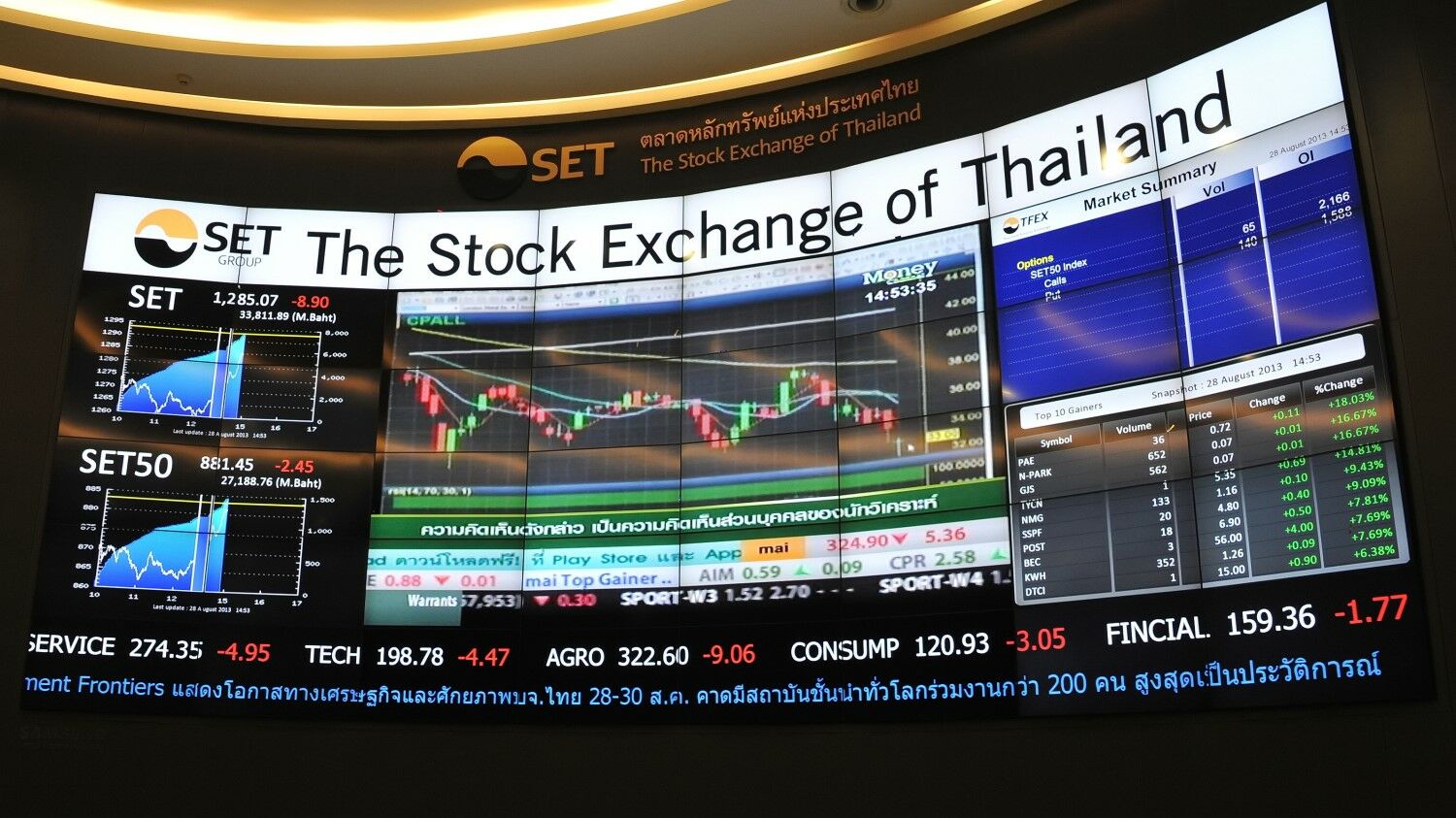SET foresees market recovery with return of foreign investment

The Stock Exchange of Thailand (SET) anticipates a recovery in return on investment this year, mirroring trends in regional markets due to an influx of foreign capital since 2023’s final quarter.
Last year, foreign investors sold off Thai stocks amounting to US$5.51 billion, contrasting with 2022’s net purchase of US$5.96 billion. Nevertheless, foreign long-term investors held steady, owning around 30% of the total outstanding market value, in line with the previous year.
SET President Pakorn Peetathawatchai shared that last year’s foreign trading figures were predominantly short-term investments.
“However, we anticipate a return of foreign investors to the Thai stock market as economic recovery signs emerge.”
Pakorn further noted the ongoing return of foreign investors to the Thai market since the fourth quarter of 2023, a trend expected to continue this year with the market forecasting a drop in interest rate hikes.
Pakorn also predicted a surpassing economic growth in 2024 compared to last year, with a decreased interest rate positively impacting listed companies’ performance. Concerns persist over geopolitical conflicts, US monetary and economic policies, and impending elections in various countries.
Extended trading hours
Rongrak Phanapavudhikul, Senior Executive Vice-President and Head of the Legal Affairs Division revealed SET’s plan to extend trading hours by 30 minutes starting in 2024’s second quarter. The revised schedule will increase daily trading hours to five, with the afternoon session commencing at 2pm instead of the existing 2.30pm.
The SET also intends to heighten its supervisory role over listed companies, employing the C sign as a cautionary measure. For instance, the term CB will be used when companies display worrying operational signs such as low equity, low income, consecutive losses, or defaulting on debt repayments.
The CS sign will signal issues in financial statements, like when the auditor refrains from providing an opinion or when the Securities and Exchange Commission orders a special audit. The CF sign will apply to companies with a free float lower than the required criteria.
Soraphol Tulayasathien, Senior Executive Vice-President, remarked that the SET posted a negative return of 15% last year, while other stock markets averaged a positive return of 21.8%. However, he said, the SET’s average return for the previous two years (2022-23) matched that of other regional markets.
In 2023, the average daily trading volume stood at 55.3 billion baht, a decrease of 30.5% from 76.8 billion the previous year.
Asia Plus Securities (ASPS) projected that the SET index could benefit from a predicted interest rate cut as the Bank of Thailand‘s Monetary Policy Committee (MPC) is likely to introduce an easing monetary policy.
ASPS research note suggested that the SET index is currently in a favourable accumulative zone. The anticipated interest rate cut from the MPC could provide a boost to the year-end SET index target. The brokerage further estimated a 0.25 percentage point reduction in interest rates, which could increase the market earnings yield gap by 0.25% and the SET index target by 77 points.
ASPS also observed that the SET index is still low, just above 1,400 points, and remains 200 points under the year-end figures for 2021 and 2022. They anticipate market earnings to rise from 989 billion baht in 2021 and 1.02 trillion in 2022, to 1.05 trillion in 2023, and 1.18 trillion this year, reported Bangkok Post.
Latest Thailand News
Follow The Thaiger on Google News:


























